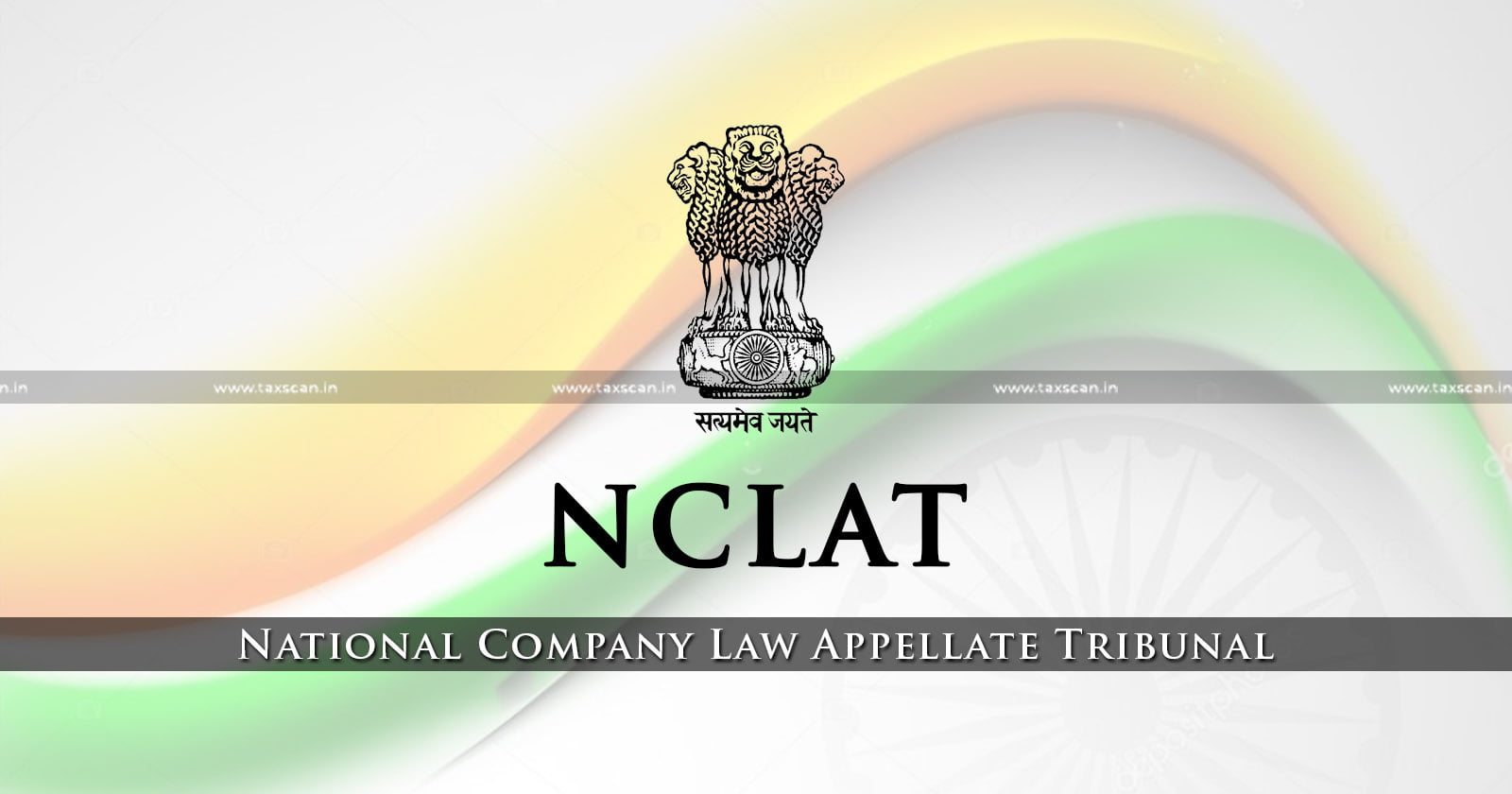Examination of a Pre-Existing Dispute Should Not Exceed Limited Jurisdiction of NCLT under IBC: NCLAT [Read Order]
The NCLAT dismissed the petition under Section 9 filed by the Operational Creditor

The National Company Law Appellate Tribunal ( NCLAT ) held that the examination of a pre-existing dispute should not exceed the limited jurisdiction of the National Company Law Tribunal ( NCLT ) under the Insolvency Bankruptcy Code ( IBC ). It was viewed that the adjudicating authority cannot venture into the appreciation of the merit of a pre-existing dispute and embarked upon the adjudication of rival contentions of parties.
Mr. Sanjay Kumar, the appellant challenged the order passed by the National Company Law Tribunal, whereby the petition under Section 9 of the IB Code filed by Respondent No.1 was admitted and the CIRP against the appellant was initiated.
A contract for executing the four-laning of the Jhanji to Demow section of NH37 in Assam, from kilometres 491.05 to 535.25, was awarded to Gannon Dunkerley & Co Ltd (Operational Creditor) by the National Highway and Infrastructure Development Corporation Ltd (NHIDCL). Due to the Operational Creditor's failure to complete the project, it appointed Kapasi Infracon LLP (Corporate Debtor) as a sub-contractor.
Under this agreement, the Corporate Debtor was entitled to 96.5% of the net amount received from NHIDCL for each RA bill, with the Operational Creditor retaining 3.5% as a management fee. The agreement also allowed the Corporate Debtor to use the Operational Creditor's resources, including equipment and staff, with predetermined charges.
The Corporate Debtor filed a Section 9 arbitration petition before the High Court of Kolkata, while the Operational Creditor filed a Section 9 IBC petition before the Adjudicating Authority. The High Court of Kolkata referred the disputes to arbitration. Despite this, the Adjudicating Authority admitted the Section 9 IBC petition. Later, the Arbitral Tribunal in Kolkata rejected the Corporate Debtor's Section 16 arbitration application.
The NCLT held that there was no pre-existing dispute between the parties and noted that the Corporate Debtor was responsible for all statutory taxes and fees. The NCLT found the claim of Rs. 1,10,73,672 for maintenance expenses unsustainable. The NCLT admitted the Section 9 IBC petition and reasoned that the arbitration notice served after the demand notice did not constitute a pre-existing dispute.
On appeal, the NCLAT referred to the decision of the Supreme Court in Mobilox Innovations Pvt Ltd vs. Kirusa Software Pvt Ltd (2018) wherein the SC held that the existence of a dispute does not necessitate delving into the merits but requires a plausible contention that needs further investigation and is not merely spurious, frivolous, or vexatious. The dispute must be substantial enough to warrant adjudication by a competent court of law, thereby precluding the Adjudicating Authority from deciding the issue under Section 9 of the IBC.
The bench noted that the Adjudicating Authority, in its impugned order, overstepped its jurisdiction by evaluating whether the defence raised by the Corporate Debtor ( CD ) was valid, rather than merely determining the existence of a dispute. This approach was contrary to the mandate that the Adjudicating Authority should only ascertain if a genuine dispute exists, which may or may not succeed ultimately.
The Principal Bench comprising of Justice Yogesh Khanna and Ajai Das Mehrotra held that Section 9 of the Insolvency and Bankruptcy Code allows operational creditors to initiate insolvency proceedings against defaulting corporate debtors. It involves issuing a demand notice, receiving a response, filing an application with the NCLT and if admitted, initiating the insolvency resolution process led by a resolution professional.
The NCLAT dismissed the petition under Section 9 filed by the Operational Creditor.
To Read the full text of the Order CLICK HERE
Support our journalism by subscribing to Taxscan premium. Follow us on Telegram for quick updates


